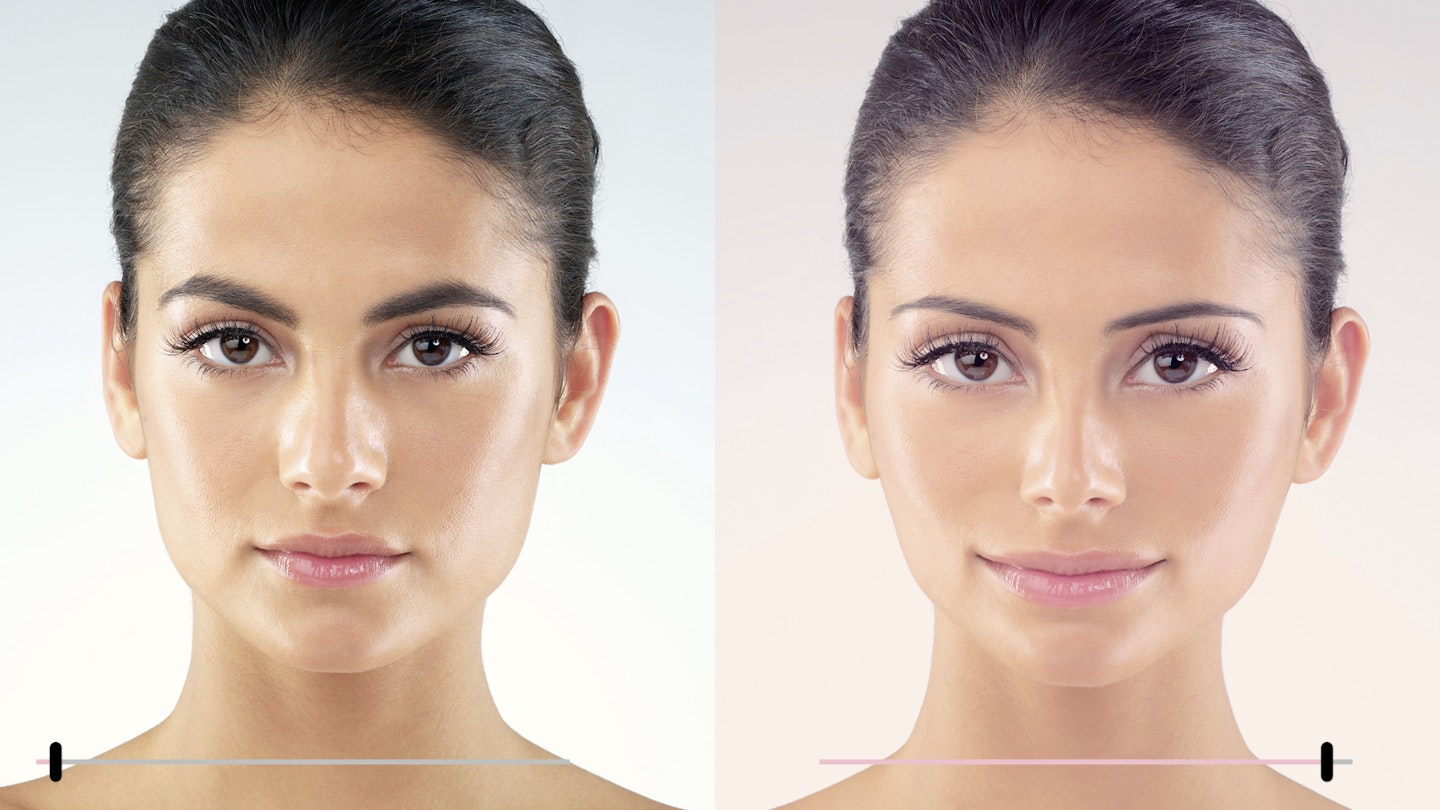I started using filters back in 2015, when I first downloaded Snapchat – the app that birthed them and thereafter an entire wave of body-image issues that was even deemed worthy of its own name: ‘Snapchat dysmorphia’.
Snapchat dysmorphia rose to prominence after cosmetic surgeons warned that patients were coming into clinics with filtered pictures of themselves, asking to recreate that exact face in real life. I can see why it happens – because there was a time I would have done that myself. At the touch of a button, all of my insecurities – my big nose, small lips, large chin – disappeared.
I’d tell myself it was a bit of fun, just like wearing make-up, as well as a very efficient way to take a picture. But after a while, I started to hate the way I looked without filters. I couldn’t take a picture without them. So, I decided to go cold turkey in 2018 and, minus a few falters here and there, I’ve not used one since. My self- esteem has never been higher.
READ MORE: 16 WhatsApp Hacks That Will Totally Change Your Life
Back then, when you used a filter to take a selfie, it was obvious – they were typically combined with dog ears or a flower crown. Nowadays, face filters are more insidious. Scroll through your Instagram feed and you’ll see a flurry of airbrushed skin and perfectly proportioned features with no obvious sign of alteration.
According to a recent study, 71% of people admit they wouldn’t post a picture without it being edited first. One filter, called Cute Baby Face, was created by Aleksandra Matveichuk – who has over 260,000 followers – and is currently popular with celebrities like Kylie Jenner and DJ Chantel Jeffries, who have tagged the filter in their posts. Yes, these are women who are already perceived to be among the most beautiful in the world – and yet are still reliant on filters.
‘To date, my filters have had 54 billion impressions,’ Sasha tells me. Is she at all worried about the impact they may have on women’s self-esteem? ‘I see a filter as make-up or a quick touch-up. People shouldn’t be too hard on them or take them too seriously. Treat them as entertainment.’
READ MORE: There’s An Ugly Side To Filters On Instagram And This Make-Up Artist Is Calling Them Out
But not everyone agrees. Earlier this month, model Sasha Pallari launched a campaign called #filterdrop after she saw a global beauty brand posting filtered content from an influencer using their products, while writer Emily Clarkson has spoken out about the deceiving nature of filters, warning her followers that 'you have no idea who using what to do what'.
Meanwhile, Hinckley and Bosworth MP Dr Luke Evans is introducing a bill to the House of Commons that seeks to bring in advisory labels that would state when an image has been digitally altered (see below).
Some argue that using filters boosts their self-confidence, but others believe they stop us from accepting our natural beauty. That’s the view of Yanzhuo Niu, a lecturer in the Department of Educational Psychology at the University of Wisconsin-Madison. Her research has found that those who use filters are the most likely to go on to request cosmetic surgery to achieve that image all of the time. And it’s not just your own, but others’ self-image you are damaging, too. ‘Studies have found that exposure to digitally enhanced images of others leads to a higher level of appearance dissatisfaction than exposure to a non-edited image,’ Yanzhuo tells me. So would having a declaration admitting
to using filters make a difference? ‘It’s a bit like the Paid Partnership tag,’ says clinical psychotherapist Mark Bailey. ‘It may help users see that all is not what it seems.’ But Toni*, 28, a filter obsessive, disagrees. ‘It feels like a punishment for the mainly female influencers and celebrities who make money from their image on Instagram,’ she says. ‘I would feel foolish if I uploaded a picture and then Instagram issued a label on it saying “THIS IMAGE HAS BEEN ALTERED”, when all I’d done was make the background a bit brighter or remove a blemish.’
She needn’t worry just yet. A spokesperson from Facebook – which owns Instagram – explained that it will cooperate with the Government and regulators as required and is currently working on a number of ways to reduce pressures, from testing the removal of ‘likes’ to banning adverts on certain diet products and cosmetic procedures.
For Yanzhuo, handling the self-esteem issues that come with filter use is very much a personal one. ‘If you’re only using filters occasionally for fun, it’s no big deal,’ she says. ‘But if it’s to escape from your insecurities, remind yourself not to base self-evaluation on appearance. Every one of us is unique and complex. It would be sad to be judged only by appearance. And we should stop judging ourselves that way, too.’
Things You Only Know If...
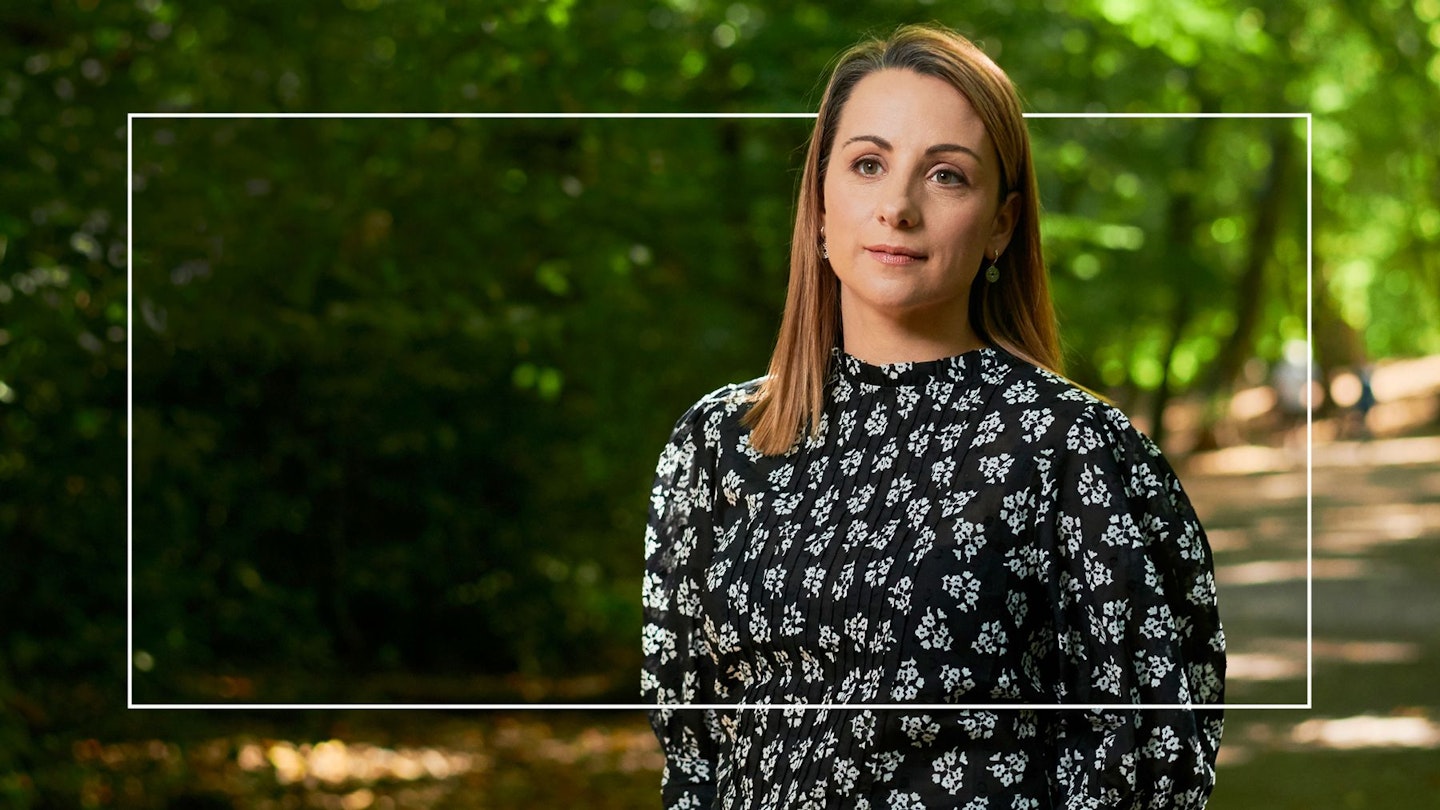 1 of 19
1 of 19Things You Only Know If You've Experienced Post-Adoption Grief
When Claire Moruzzi, 39, gave birth to her son, it unlocked unpacked painful feelings about her own adoption.
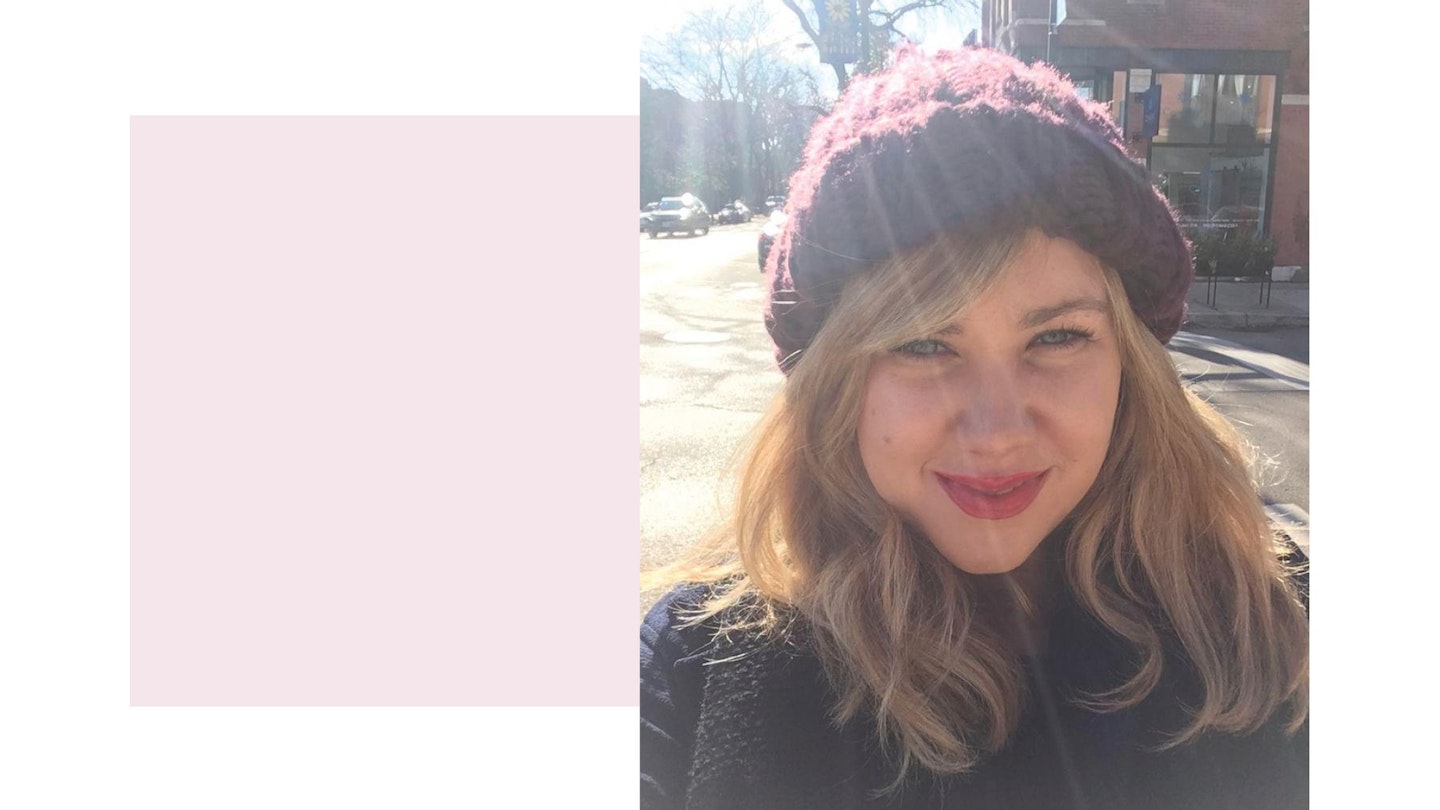 2 of 19
2 of 19Things You Only Know If You have Polycystic Ovary Syndrome
Jessica Evans reflects on the condition that affects one in 10 of us but is rarely talked about.
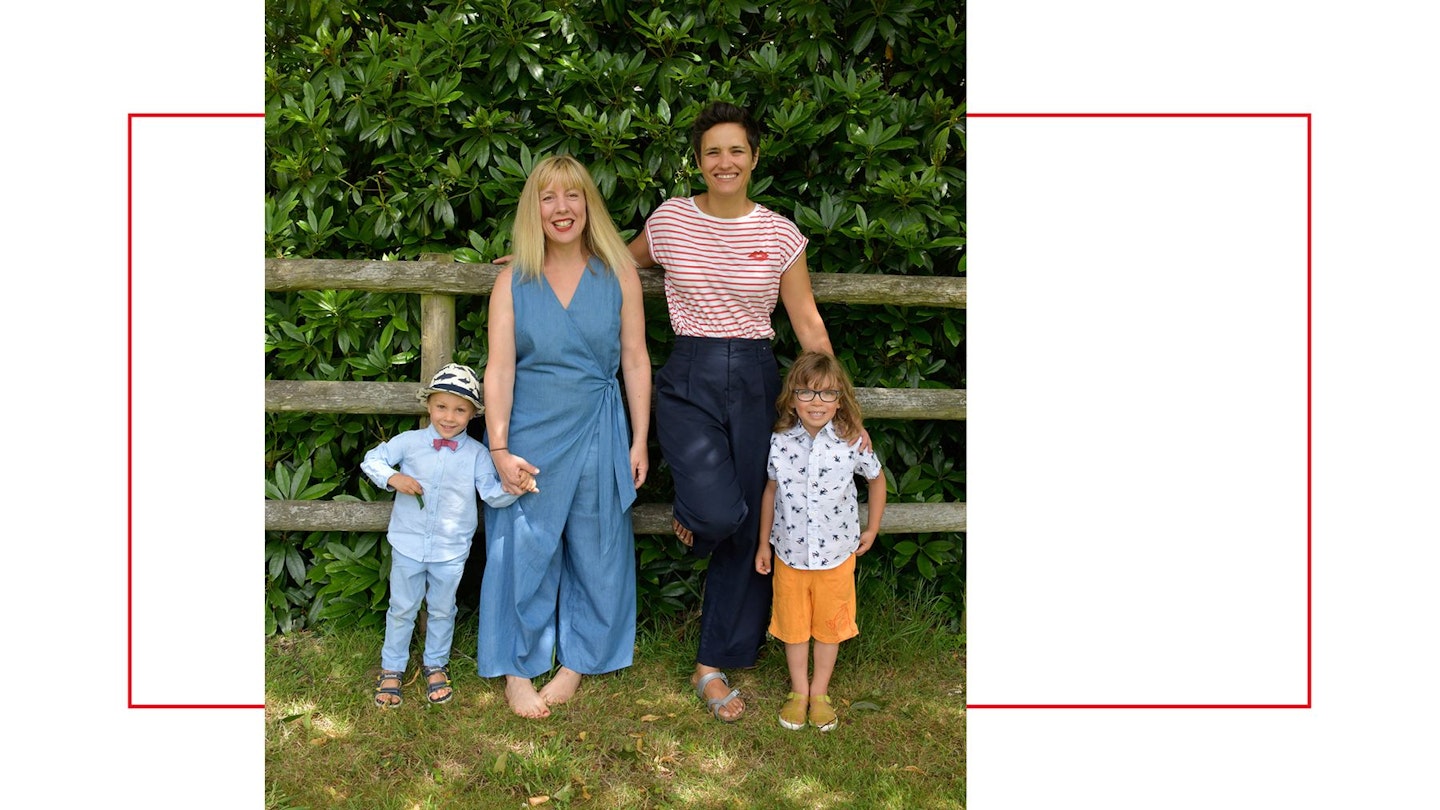 3 of 19
3 of 19Things You Only Know If You're The Other Mother
If your partner carried your children, what does that make you? Jen Brister tells Grazia about life in a two-mum family.
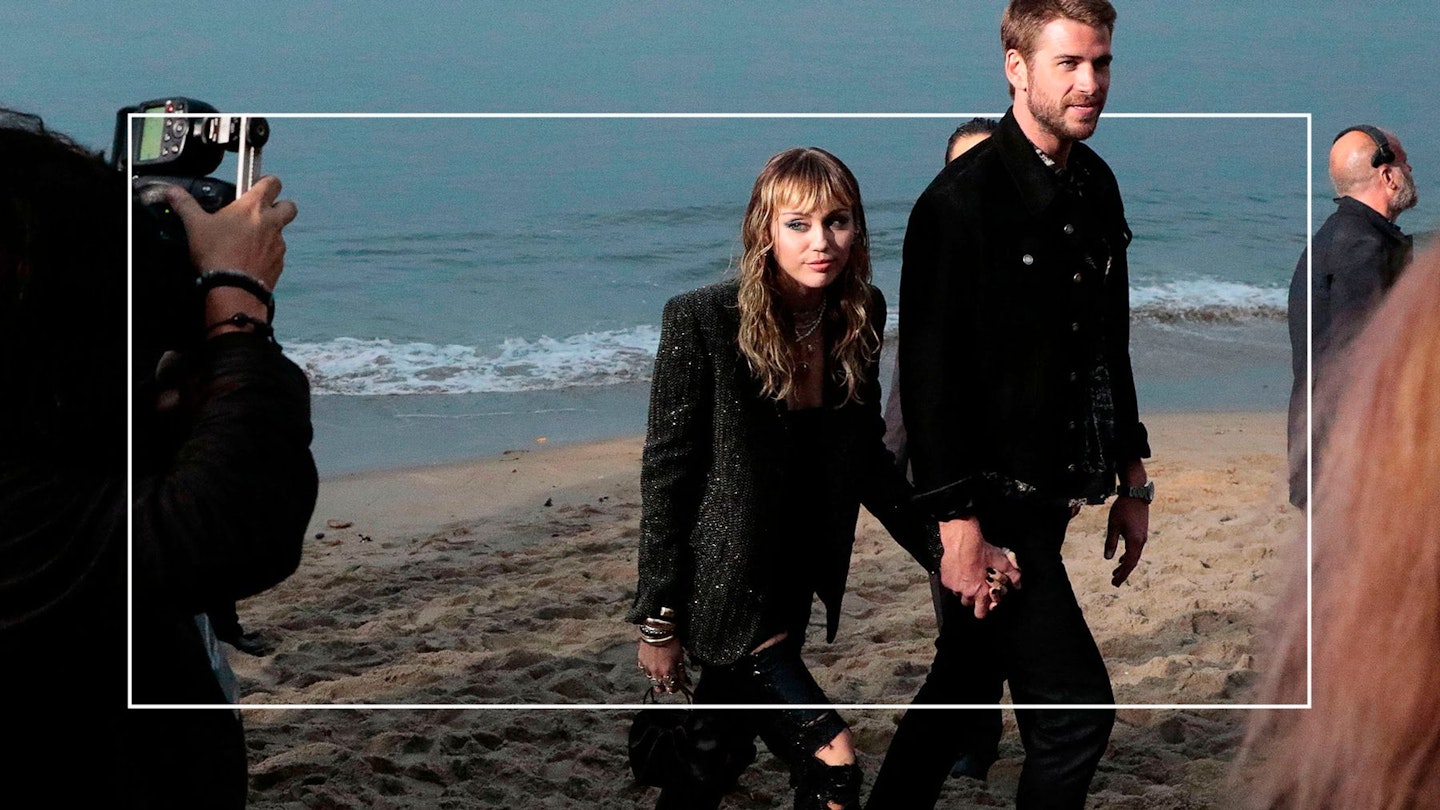 4 of 19
4 of 19Things You Only Know If Your Marriage Lasts Less Than A Year
The wedding was amazing but a Band-Aid Big Day couldn't save the relationship – and so an embarrassingly short marriage ensued.
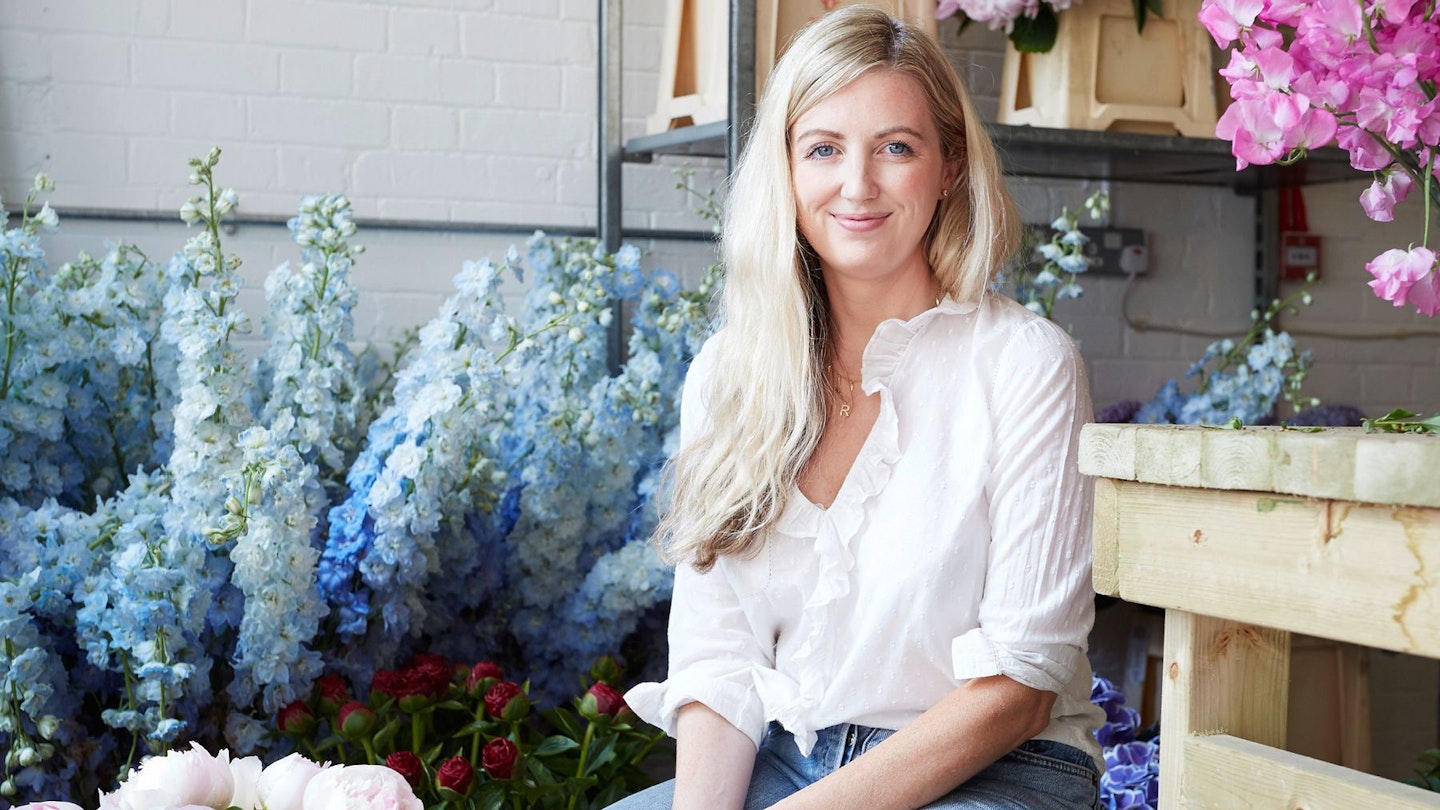 5 of 19
5 of 19Things You Only Know If You Walk Away From A Six-Figure Salary Job
As new figures reveal that record numbers are now 'overeducated' for their jobs, Lil Caldwell, 37, explains why swapping the law for floristry was her best decision yet.
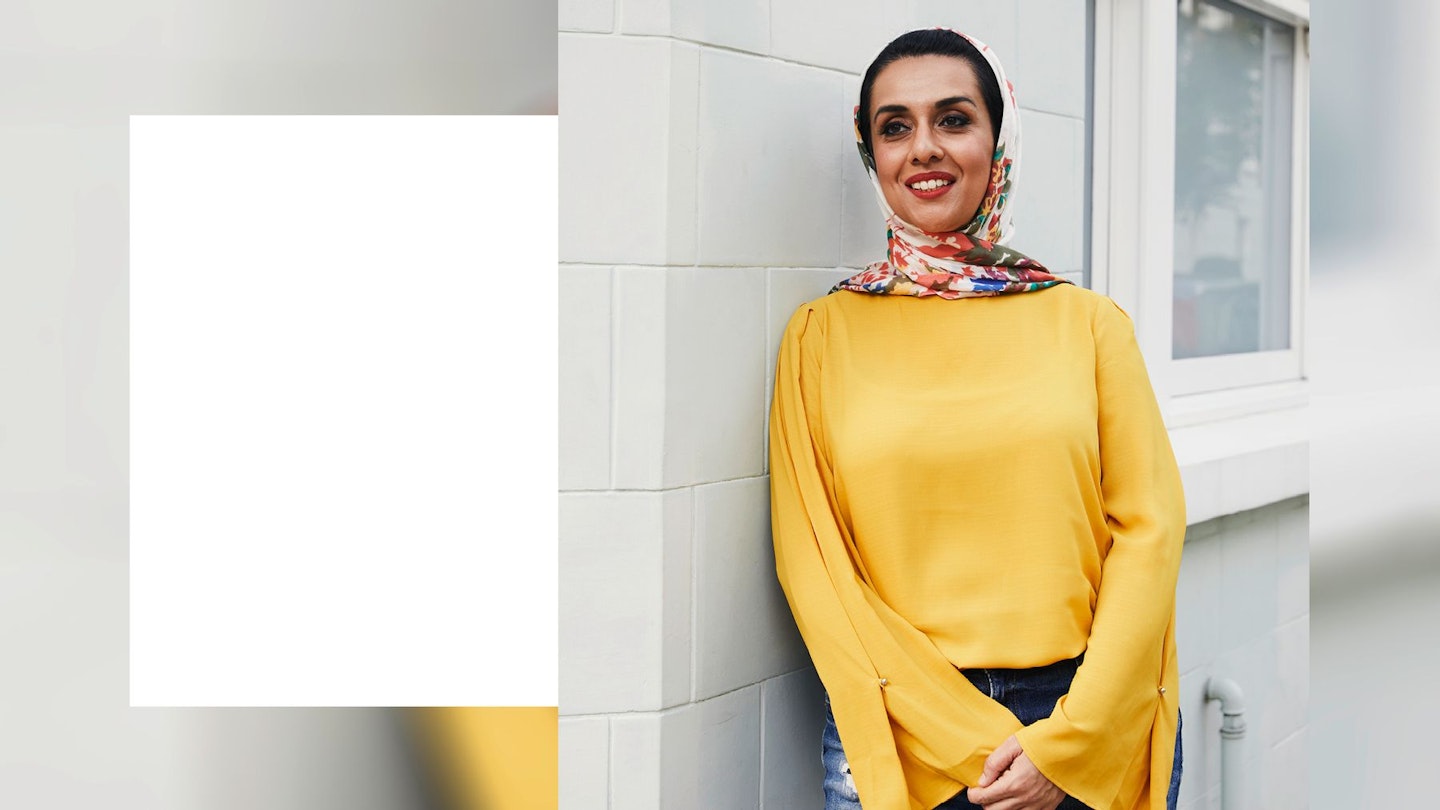 6 of 19
6 of 19Things You Only Know If: You're The Only Muslim In The Village
When Ayisha Malik moved to Dorset, she braced herself for reactions to her hijab. And was surprised at what she found.
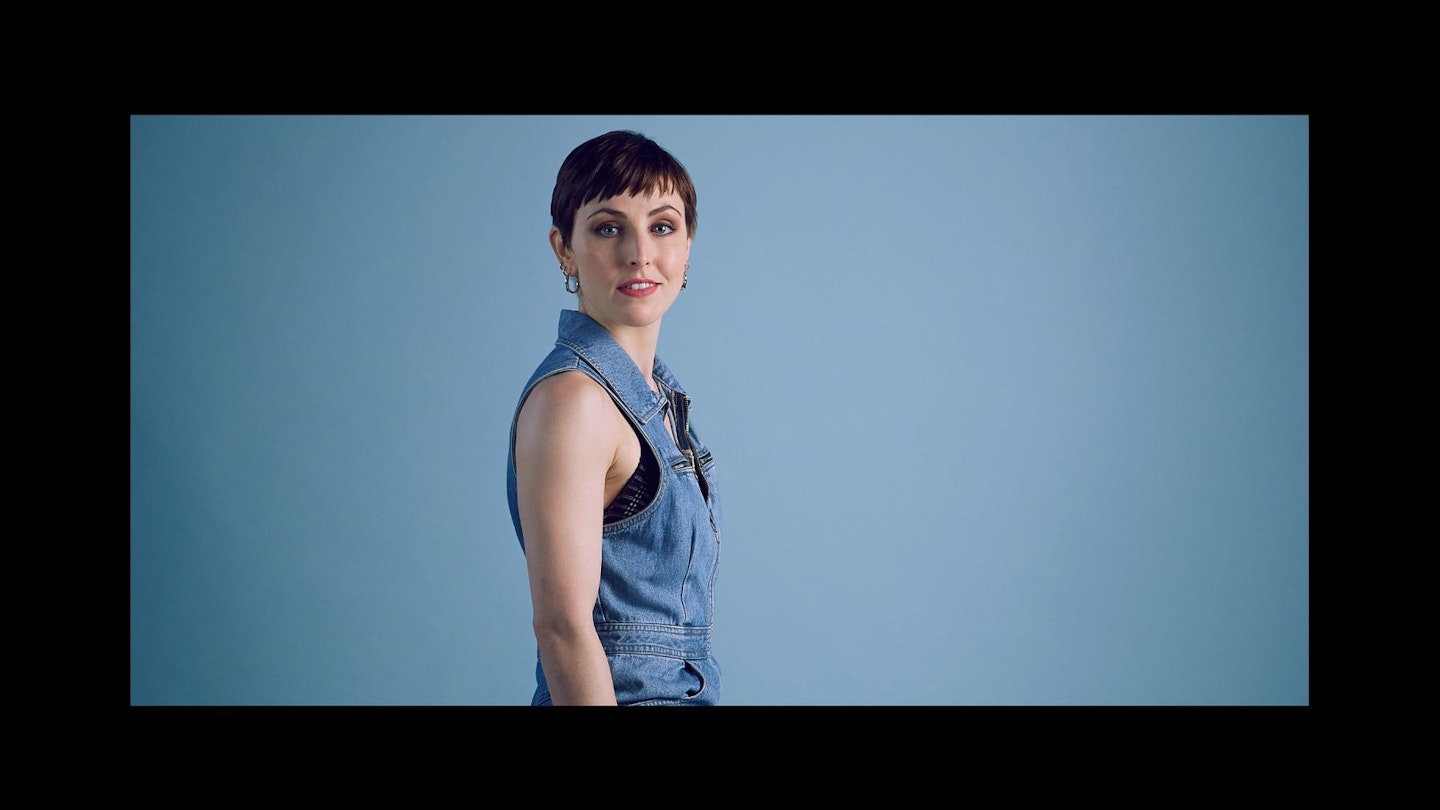 7 of 19
7 of 19Things You Only Know If: You're Going Through The Menopause At 30
A medical breakthrough now means the menopause could be delayed for 20 years. It's come too late for dancer Lindsay McAllister.
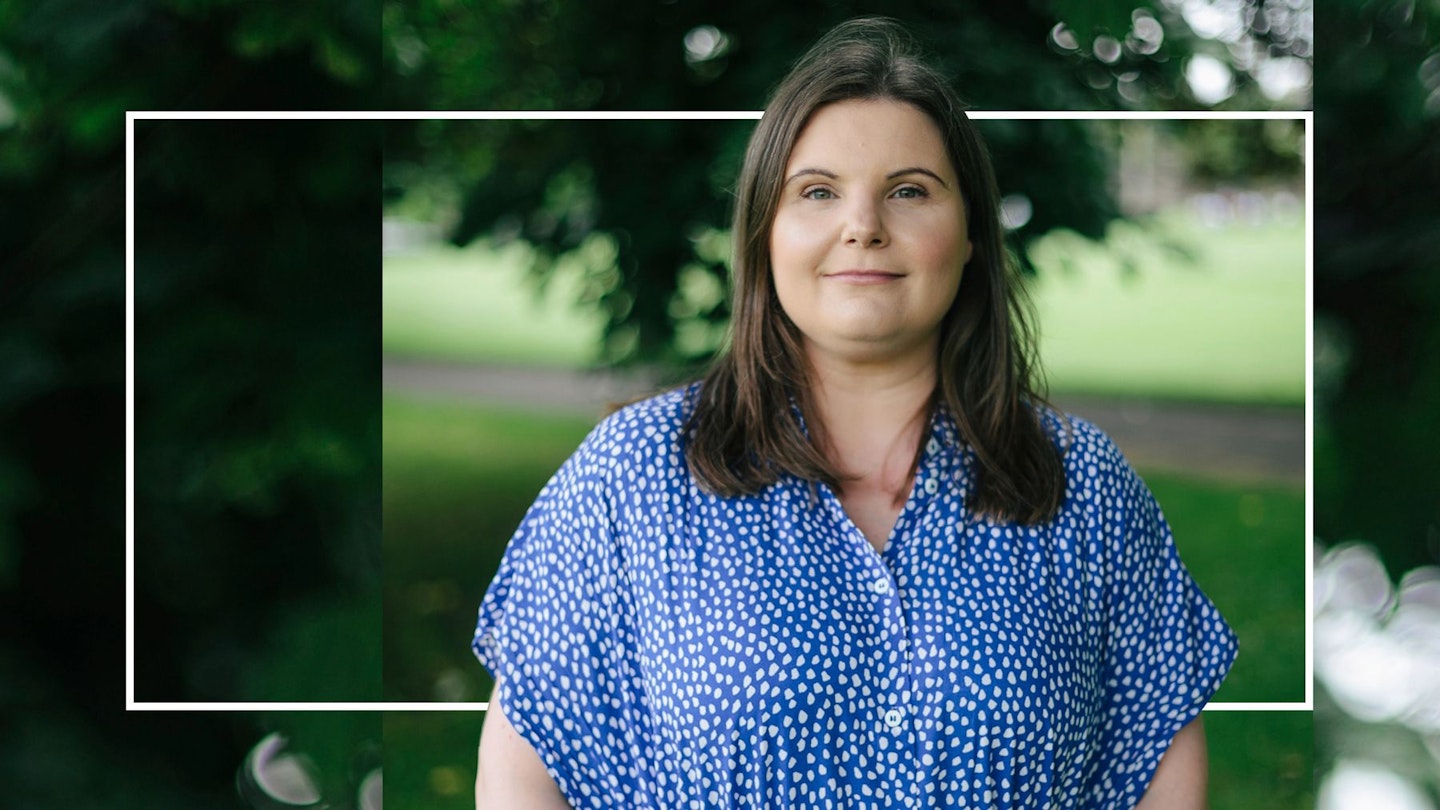 8 of 19
8 of 19Things You Only Know If: You've Finally Conquered Your Alcohol Problem
When Catherine Renton chose to end her damaging relationship with booze, she lost friends, too. She reflects on the decision that changed her life.
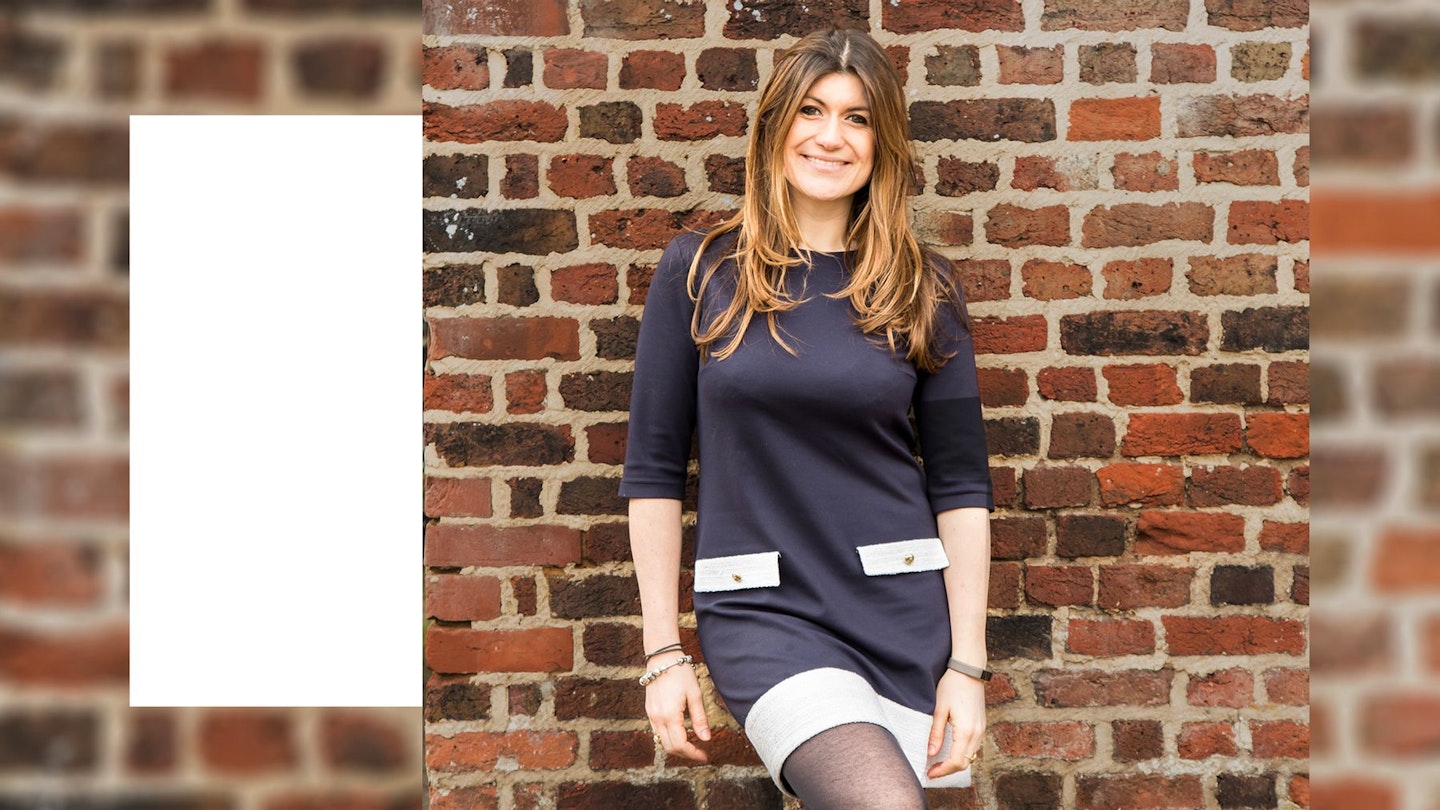 9 of 19
9 of 19Things You Only Know If You've Been On 100 First Dates
Charly Lester, 35, challenged herself to go on 30 blind dates before turning 30. Then things snowballed.
 10 of 19
10 of 19Things You Only Know If: You've Gone From Committed Singleton To 'Basic Bride'
'Suddenly, I want all the things I used to roll my eyes at: the dress, the flowers, the inexplicably expensive cake. There is a new and very loud voice in my head, it insists that this is my special day, I'm a f**king princess and I should have exactly what I want'
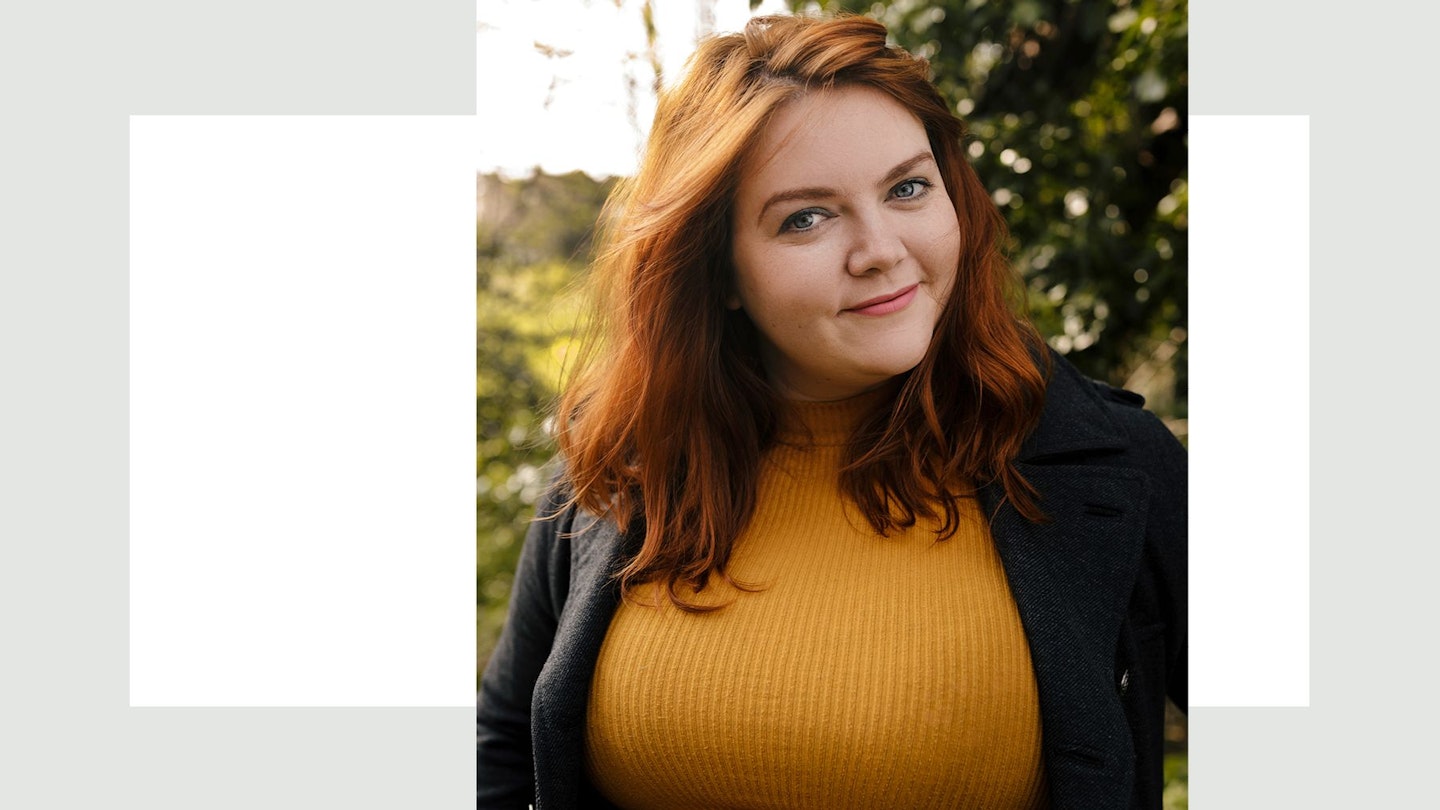 11 of 19
11 of 19Things You Only Know If You Don't Have A Girl Gang
As a child, Amy Jones looked forward to the day she'd find her squad. No 29, she's still wondering where it is.
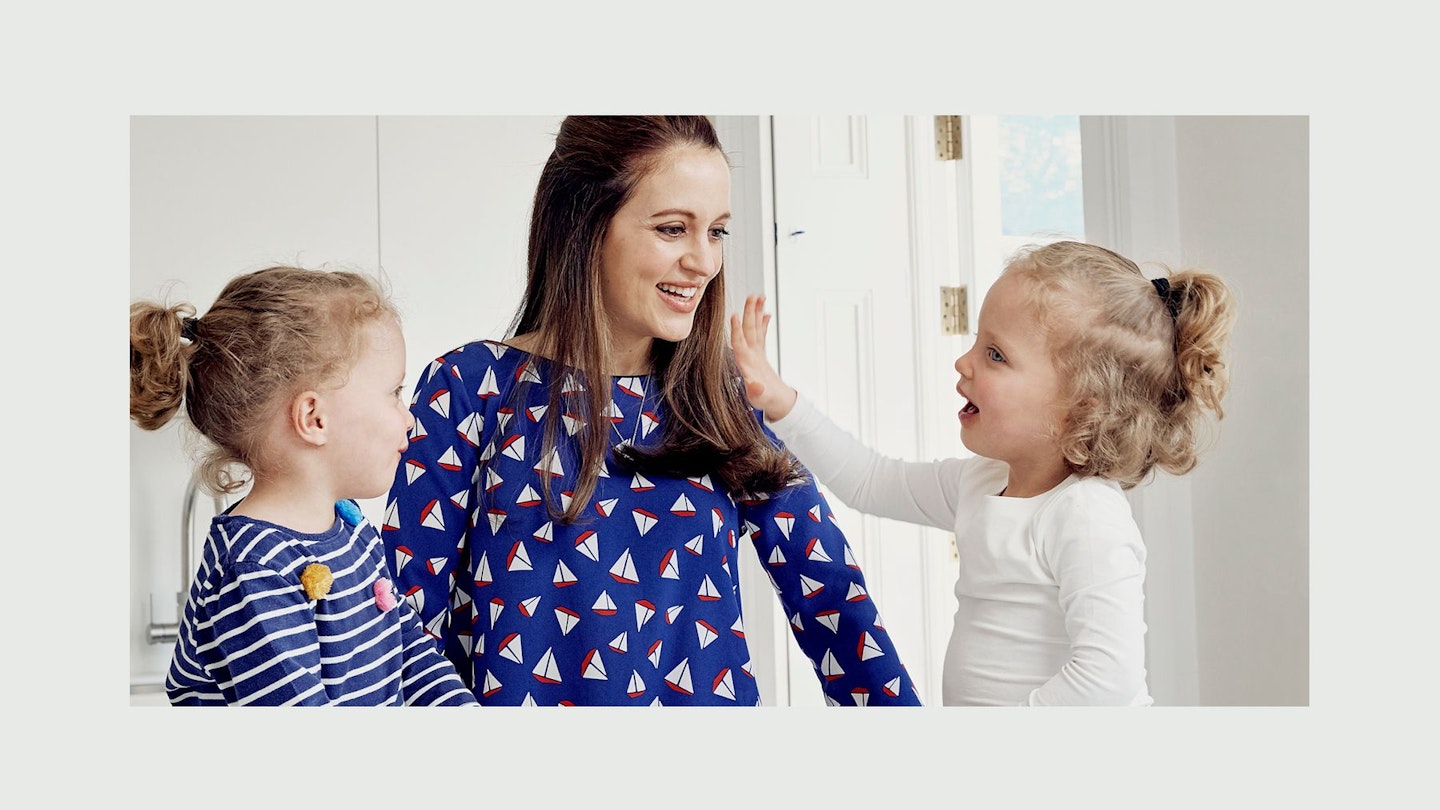 12 of 19
12 of 19Things You Only Know If Your Babies Arrive 10 Weeks Early
After her twin daughters arrived at 29 weeks, Francesca Segal spent 56 days with them at the neonatal intensive care ward - an experience that changed her forever.
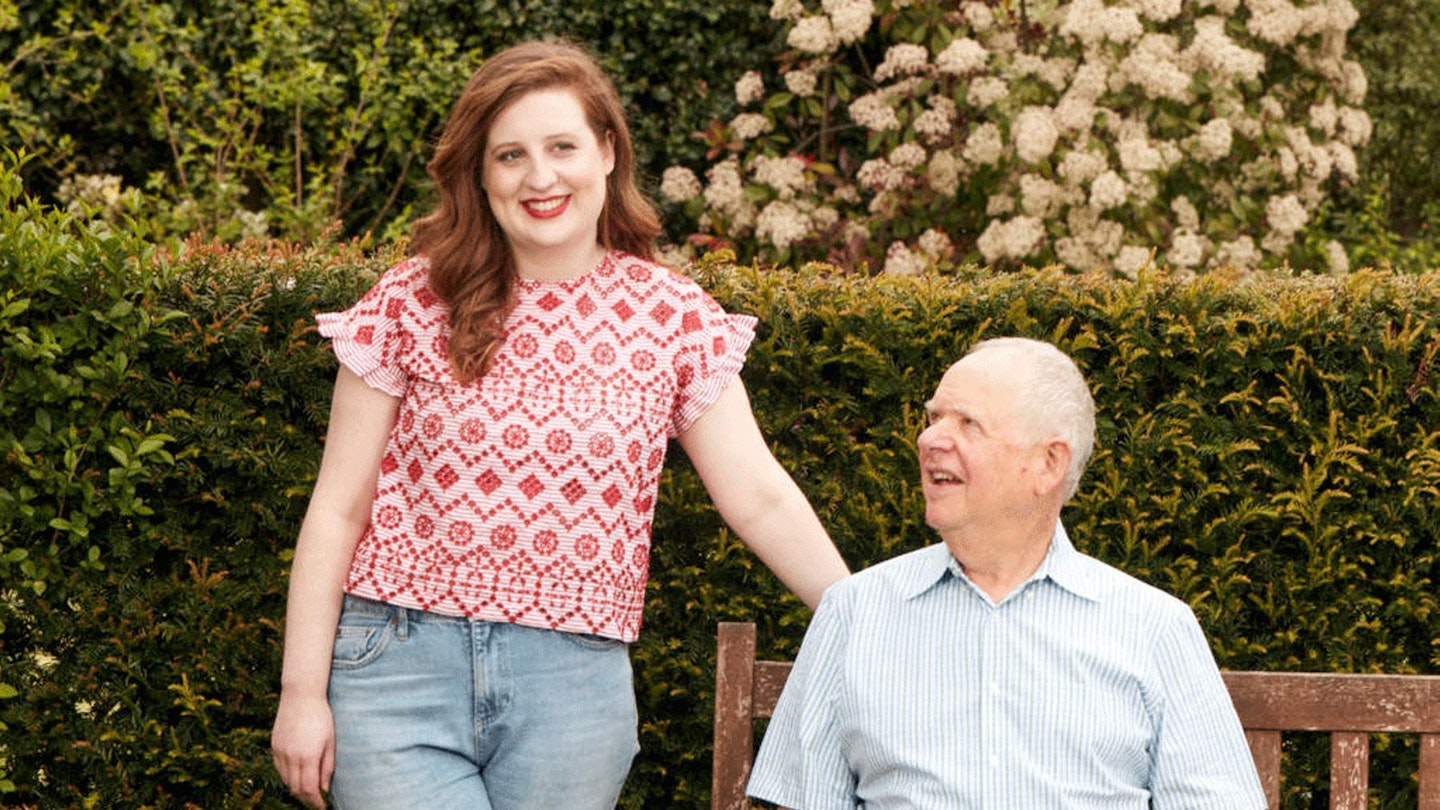 13 of 19
13 of 19Things You Only Know If… You Live With Your Parents At 29
Anna Behrmann, 29, moved back home to save money. It's had its ups and downs.
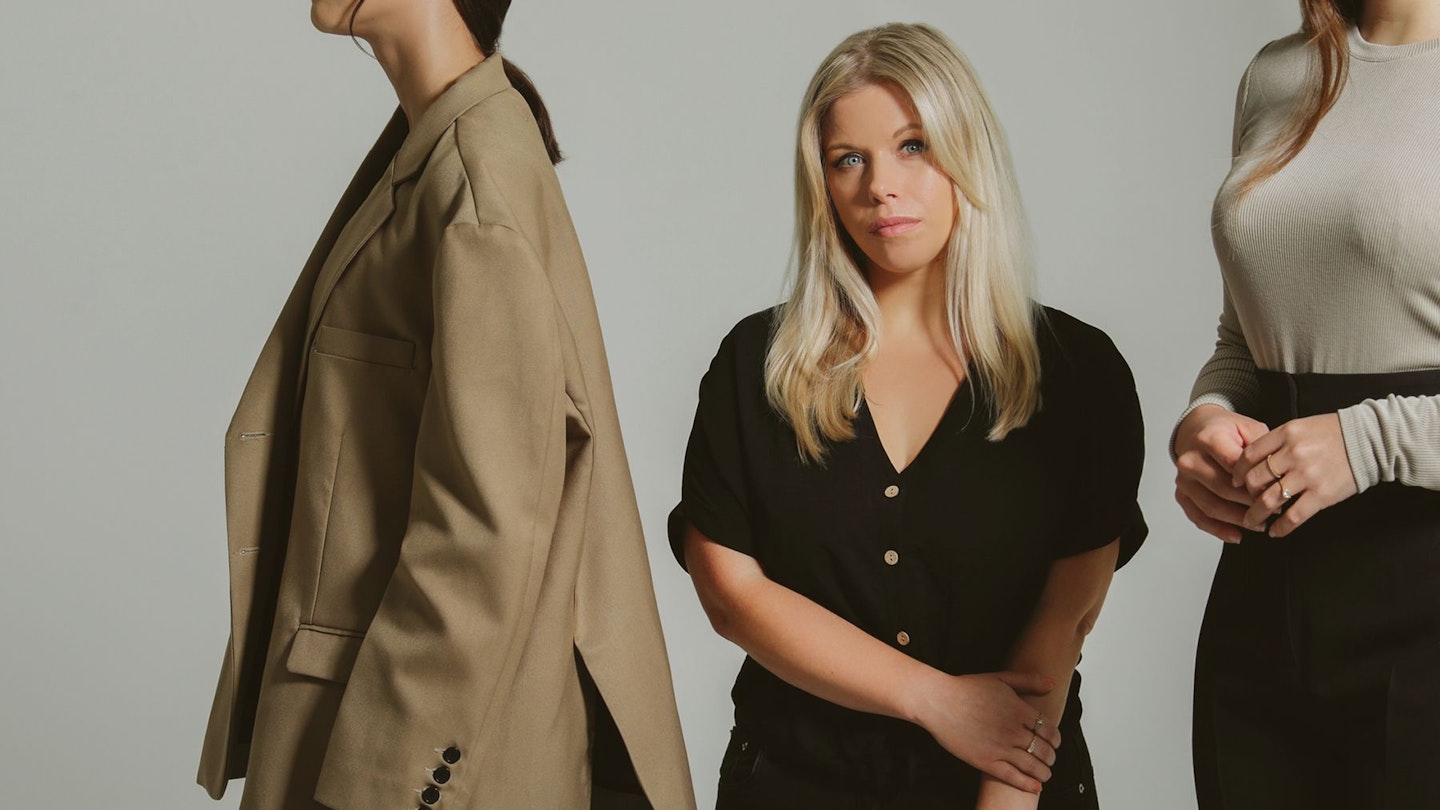 14 of 19
14 of 19Things You Only Know If You Earn Significantly Less Than Your Friends
After losing her job 31-year-old Olivia Foster found out the uncomfortable truth about what it means to be the broke friend.
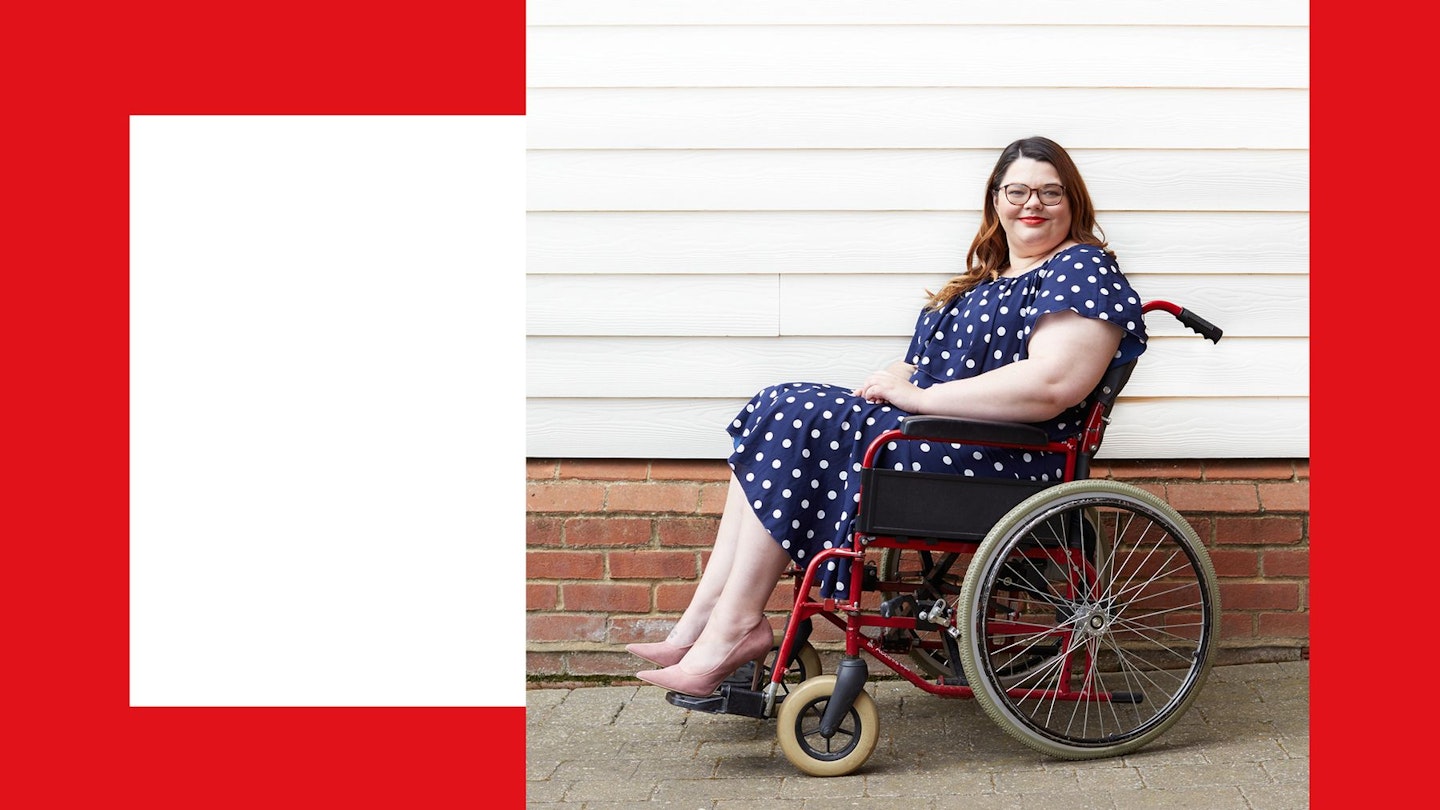 15 of 19
15 of 19Things You Only Know If You're Living With M.E.
When Hollie Brooks found herself so weak she couldn't even dress herself, she knew something was desperately wrong. To mark the end of ME Awareness Week, she tells her story.
_1024_Widthjpg.jpg?auto=format&w=1440&q=80) 16 of 19
16 of 19Things You Only Know If You're Plus-Size And Online Dating
From men who think they're doing you a favour, to feeders who fetishise your body.
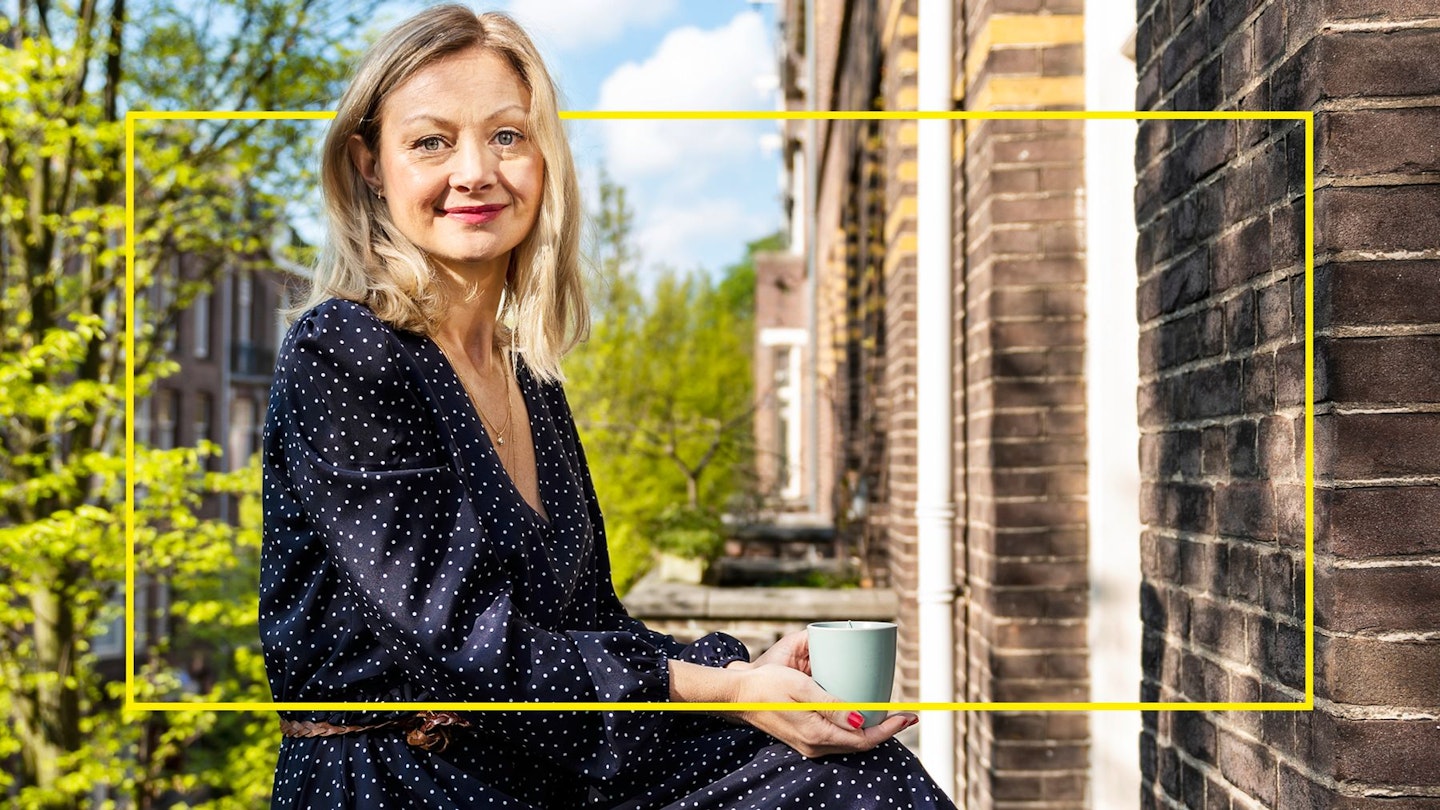 17 of 19
17 of 19Things You Only Know If You Gave Up Your Job To Follow Your Partner Abroad
'On bad days it could feel a bit 1950s'
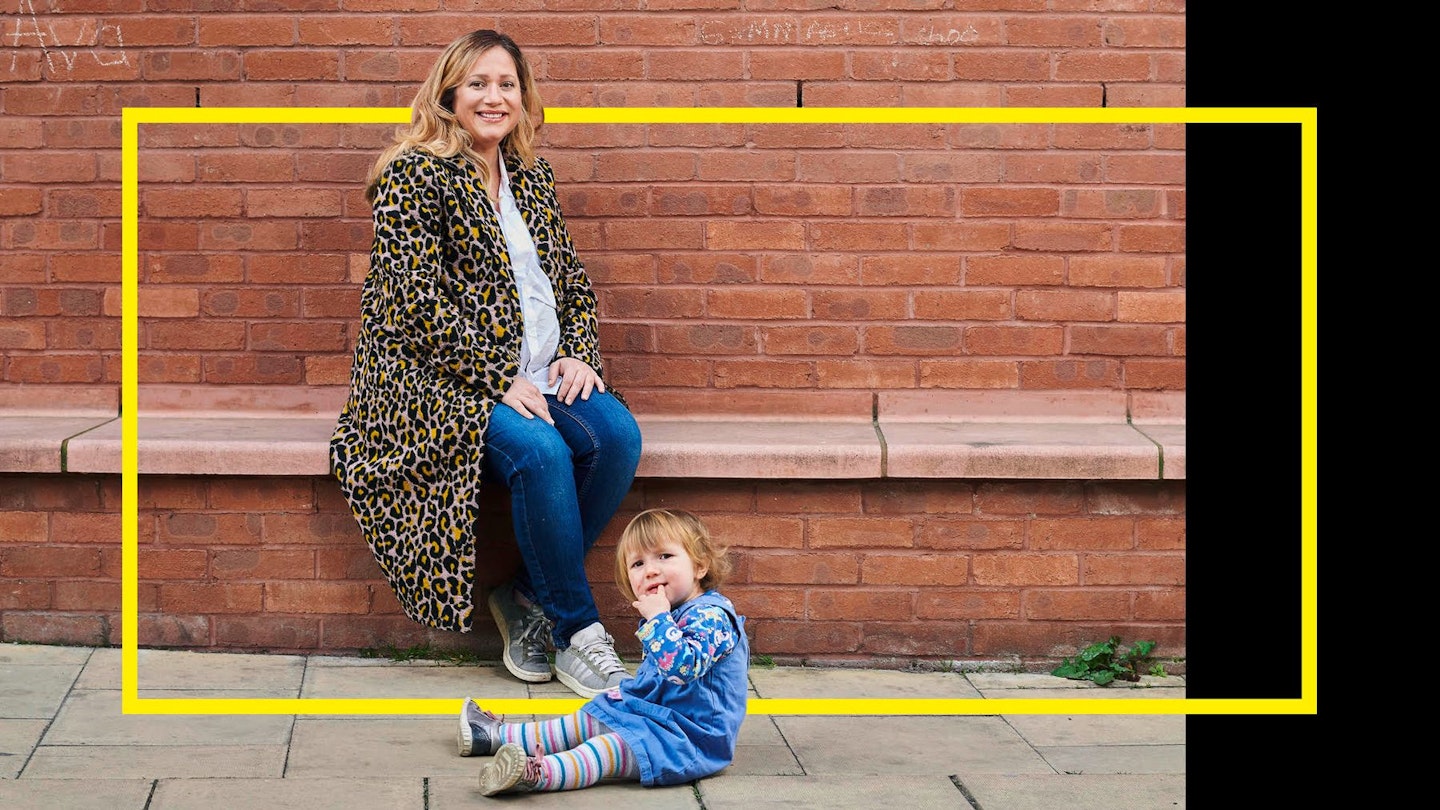 18 of 19
18 of 19Things You Only Know If You've Chosen To Have A Baby Alone
Aged 37 and single, Genevieve Roberts decided to become a mum with the help of a sperm donor.
 19 of 19
19 of 19Things You Only Know If You're An Adult Orphan
Emily Dean lost her parents and sister in the space of three years - and changed her whole life as a result.
'Digitally altered images should have advisory labels’
BY DR LUKE EVANS MP
Editing images is not a new phenomenon, but social media has provided the perfect breeding ground for promoting images of unrealistic body perfection. And it has had an adverse effect on the mental health of a generation.
That is why I am introducing a bill in the Commons seeking to bring advisory labels, especially for ads and sponsored posts, which state when images have been significantly digitally altered.
As a GP, I’m deeply concerned about the detrimental effect this desire to edit away natural appearance is having. Teenagers especially scroll freely on their phones, gazing at influencers, some of whom have been filtered to within an inch of their life. It’s natural to aspire to be like them, but in some cases it is impossible to achieve the body dimensions you see on screen – no matter how much time you spend in the gym or number of surgeries you undergo. And when these unrealistic goals are not met, self-confidence and body image deteriorate. Research shows one in five adults feel shame about their bodies; it increases to one in three in young people.
As a doctor, I’ve seen a rise in the number of people worried about their body image. It plays into anxiety and depression, and can lead to eating disorders. That’s why this is such an important conversation.
I’m not suggesting that Instagram filters are banned or that we can’t get rid of red eyes in our holiday snaps – but greater transparency is needed. Many influencers rely on youngsters engaging with their social media, so it isn’t unreasonable to expect a bit of honesty when physical proportions have been altered.
This bill promotes transparency and may benefit mental health. Who knows, it may even influence the influencers to go au naturel.
